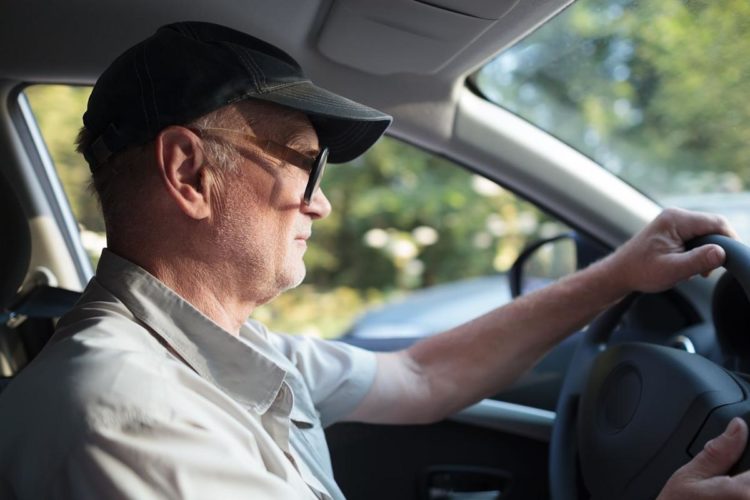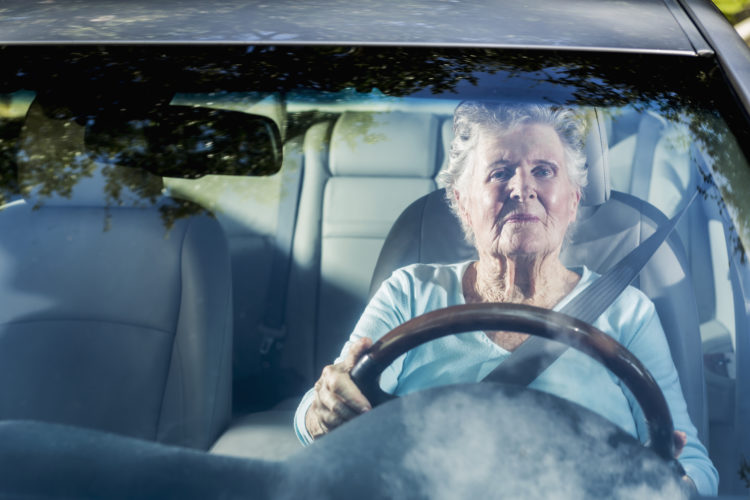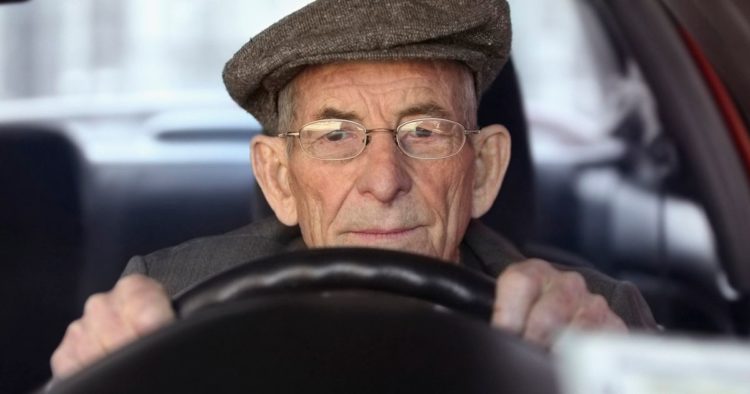Cars are often portrayed as metaphors for freedom and independence. Driving the “open road” is the premise of countless Rock n’ Roll songs (including more than a few Bruce Springsteen tracks!), as well as movies like Easy Rider.
But what happens when you are asked to give up your vehicle in old age? Does that mean that you’re conceding some of your independence?

Img Source: eastvalleytribune.com
Well, it certainly may make things less spontaneous. Rather than being able to quickly drop by the hardware store for some supplies, you all of a sudden have to plan your trip – look up the bus schedule, arrange a ride or brave the weather for a long walk. But you can still remain every bit as independent and mobile without your car, albeit with some lifestyle adjustments.
The trade-off is that you are ensuring your own safety and wellbeing, and you are removing at least one costly expense from your life. It can be a difficult adjustment, giving up your car, but at some point the decision has to be made. With that in mind, if you are questioning whether you – or a loved one – ought to stop driving, here are a few points to consider.

Img Source: healthywomen.org
Making the Safe Choice: Appraising Physical and Mental Health
If you or your loved one is struggling with a serious illness, or any condition that critically limits their ability to safely operate a vehicle, then it’s time to consider giving up the car. It can be a difficult conversation to have, but it is the safest choice, both for the driver and for others on the road. Giving up driving doesn’t need to spell the end of independence for a senior; even those suffering from a serious illness can click here to learn about maintaining one’s independence even without driving. A good home healthcare company will gladly provide a Personal Support Worker to escort you or your loved one to events, appointments or simply on routine errands.

Img Source: mirror.co.uk
If a driver struggles with certain senses, like seeing or hearing, then that will limit their ability to detect and respond to hazards and obstacles. Certain medications may also impair a driver’s judgment. You can appraise your fitness to drive with the help of a doctor. Or, if deciding on behalf of a loved one who is reticent to yield control of their car, have the doctor present to compassionately explain why giving up the car may be the best choice.
Making a Lifestyle Choice: Who Needs the Old Thing Anyways?
Cars are convenient, but they are expensive. Continuing maintenance, and purchasing fuel and insurance on a vehicle can take a significant toll on one’s pocketbook. Many seniors give up their car, therefore, as a lifestyle choice. Not only does it free up some cash, but it also forces you to do a little more walking, and to explore ride sharing or public transit.

Img Source: abs.care
Adjustment isn’t always easy, but that’s because many people have come to rely on their trusty automobile. Luckily, most cities have sophisticated public transit systems, as well as at-home health care services and programs that aid in transportation. Also, online grocery shopping is easier and quicker than ever before! Getting rid of your car doesn’t mean you are giving up your freedom; with some adjustments, you can live exactly the way you did before. Maybe even better.





